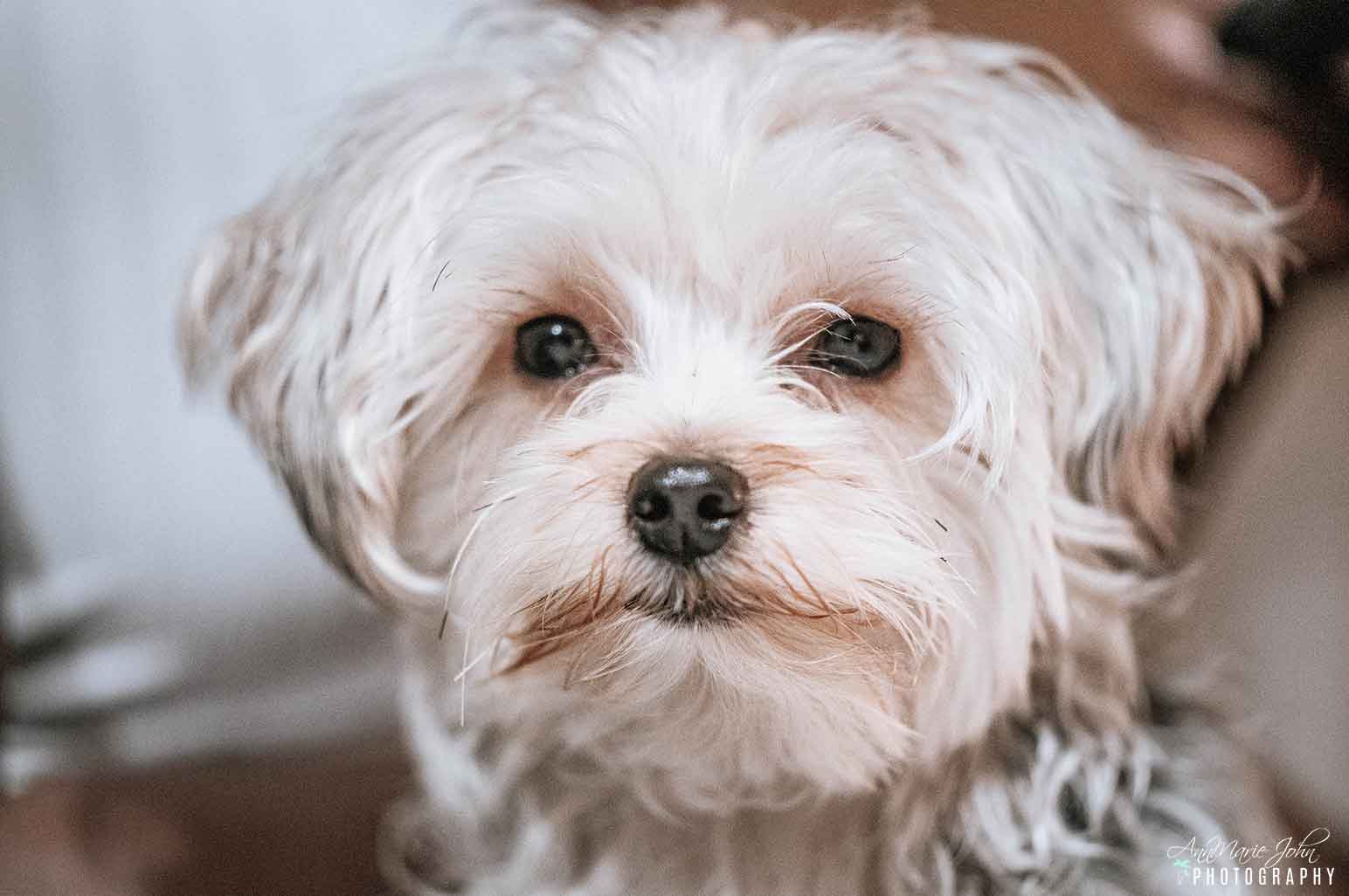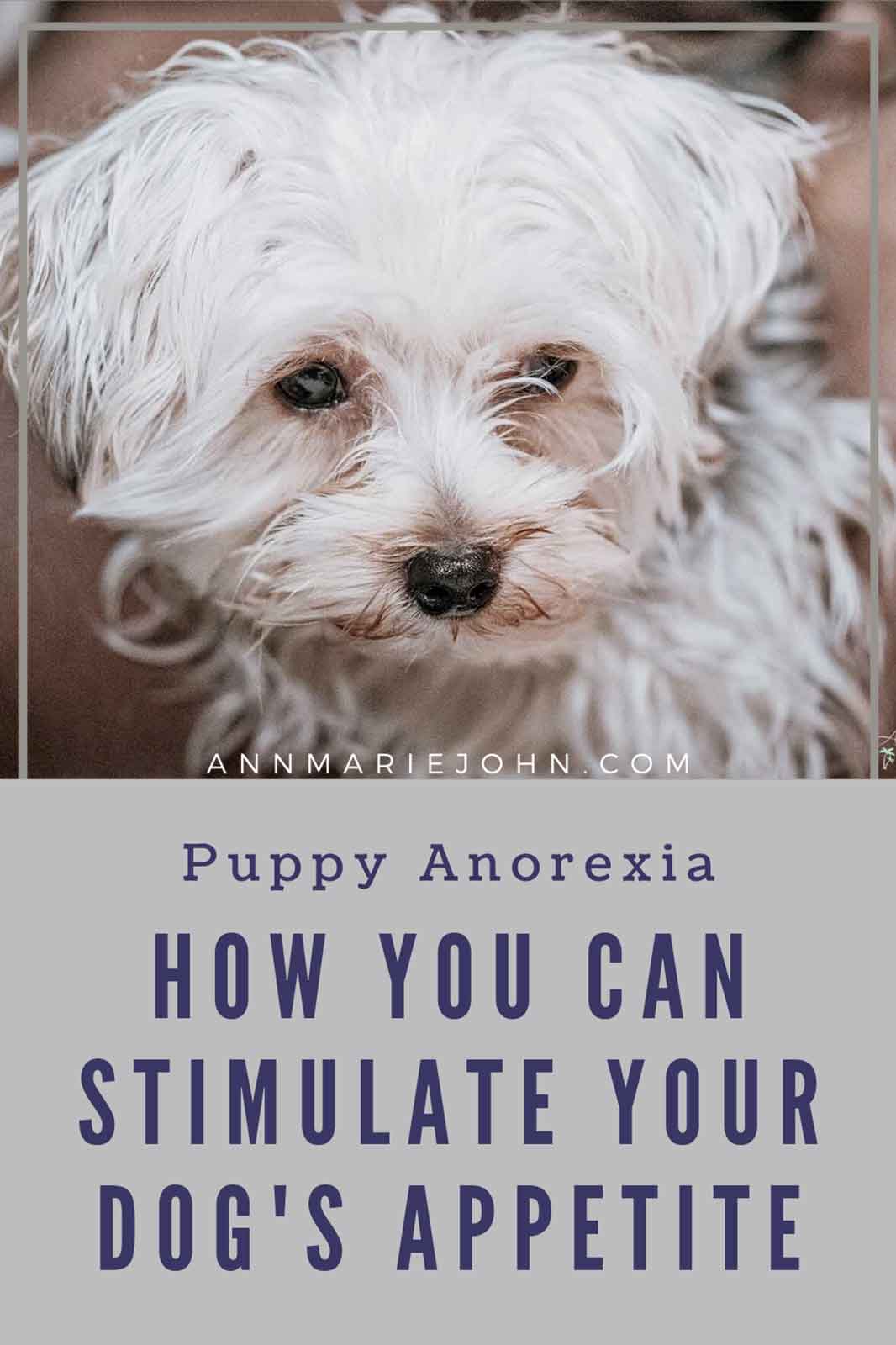
Dogs, just like people, can suffer from many different diseases. It may be connected to their genetics, lousy living conditions, or mental health. That’s why it’s essential to keep a close eye on your furry friend and schedule regular vet checkups.
You should be seriously concerned when your buddy stops eating regularly. A healthy diet is key to the proper development of every animal. Many disorders may cause a lack of appetite, but one of the most popular is puppy anorexia.
What is dog anorexia?
Dog anorexia is not different from human anorexia, except for the fact that puppies don’t care about putting on weight. The term has the same meaning, which refers to an absolute lack of appetite. Food rejection and losing pounds should be taken very seriously. These symptoms may indicate major health problems.
Lack of appetite is a psychological issue, dependent on memory and association. It’s a total opposite of hunger, which is physiologically aroused by the body’s need for food.
It’s also common for dogs to suffer from a disorder called pseudo-anorexia. It’s a condition when a dog is willing to eat and feels hungry, but has difficulty doing it. The pup may find it hard to pick up food, chew, or swallow it. In this case, the food is being rejected not because of the mental blockade but the inability to eat and probably huge physical pain.
Okay, but what can cause your dog’s anorexia? Below, we list the possible reasons for your buddy’s eating disorder.

POSSIBLE REASONS FOR PUPPY ANOREXIA
FOOD PREFERENCES
If you tend to spoil your puppy, don’t be surprised if they get picky and refuse to eat when you serve them dog food of poorer quality. If your dog gets used to sophisticated meals, there’s no wonder they are going to reject anything less. On the other hand, some dogs may find it hard to digest some ingredients of their food. Wellness puppy food review can help you choose the safest and most suitable food for your puppy.
ILLNESS
One of the most common reasons why a dog rejects food is an illness. People also very often stop eating when they feel bad. It may be a temporary thing caused by, for example, food poisoning, virus, or some bacteria. However, it would be best if you didn’t ignore these symptoms. If your dog keeps vomiting, struggles with diarrhea, or seems to reject food for no reason, you should consult with your vet to see if your pup may need treatment.
DEPRESSION AND ANXIETY
Dogs are incredibly emotional creatures; any difficult situation can cause some serious trauma and lead to more severe mental issues. They need love, care, and attention, and when left alone, they may be prone to depression and anxiety. Pets also don’t like changes. A little hunger strike may be a part of the adaptation process.
Dogs find it very hard to adjust to a new place and a new family. They also grow closely attached to others, so losing their mate, or the owner can influence their mental health significantly. Anxiety can also be the result of some past trauma: rescued animals or the ones growing in the shelter tend to suffer from this kind of mental disorder.
WAYS TO STIMULATE YOUR DOG’S APPETITE
CHANGE EATING HABITS
Try to feed your pup twice a day, always at the same time.
First of all, their body will get used to eating hours and get hungry when the time comes.
Second of all, if your dog gets distracted by other things and refuses to eat, make a warning shot. Take the food away if they don’t eat it within half an hour. That should teach the dog to use their chance.
TRY DIFFERENT FOODS
As mentioned before, not every kind of food will fit your dog. Some components can cause food allergies or digesting problems. It’s easier for the dog to eat wet food rather than the dry one, so you may try to switch. In this case, poultry is the safest option. Another trick to make food more ‘eatable’ is to put little warm water or broth over the top.
WALK YOUR DOG
One of the simplest ways to increase your dog’s appetite is to provide them with regular exercise. Letting them play and run around is the natural way to stimulate their metabolism, burn calories, and increase appetite. It’s very likely that after an intense walk, your pup will crave food.
SHOW THEM LOVE
Puppies are very loyal friends, so it’s not surprising that they get depressed if you don’t give them attention. Make them feel loved and needed. Spend more time with them. Your dog will appreciate it a lot.
The bottom line
Many factors can contribute to your puppy’s anorexia. It’s absolutely curable but needs a quick reaction and reliable treatment methods. Each time you notice something wrong with your buddy, don’t hesitate to visit the pet doctor. It may be a simple thing but also a serious issue. Prevention in this situation is highly recommended.
